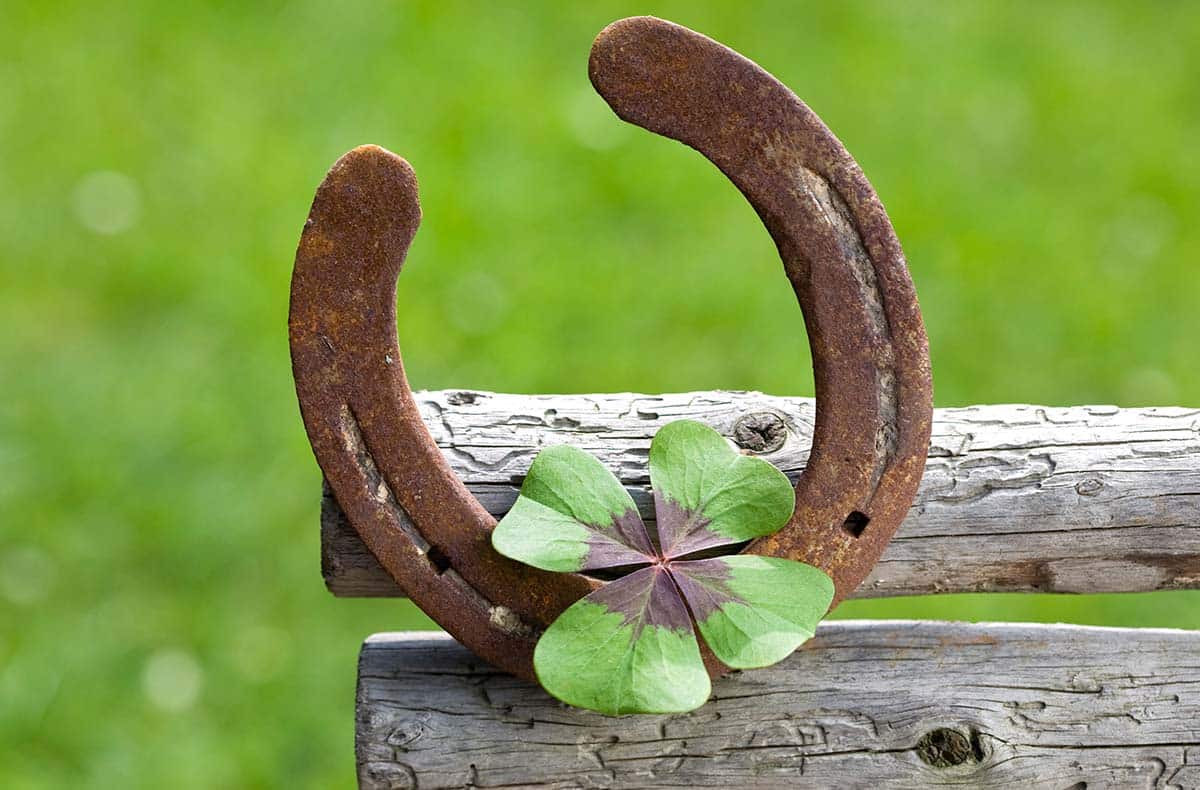
Are you feeling lucky, punk?
Good question, Harry, but really do we ever feel lucky—in advance?
I don’t think so. Luck is usually celebrated as an afterthought. A narrow escape, a chance win, an unexpected event that was unplanned and just sort of happened. That’s what we mean by luck. But what if we could increase the chances? Supposing we don’t have to get lucky to be lucky? Is there any science we can apply? Are some people luckier than others, and why would that be?
We often assign success to luck. Right place, right time. But this is a shortcut coping mechanism to deal with envy and our own insecurities, wishing we’d done better ourselves. The “lucky ones” respond by pointing out they “made their own luck.” But did they? And if they did, is it repeatable? Can we create the circumstances for luckiness?
Here’s a real example of two different approaches:
Lucy made a decision. Her life was boring, mundane, and her job was less than fulfilling. So she saved a year’s expenses and chucked it in. She applied a new rule to living. For years, she’d had to turn down invitations because of work, fatigue, and lack of motivation. Now she was going to say yes to everything—well, almost everything. Who knows what would happen, but she was pretty sure things would be different.
Breaking the circle of entrapment was uncomfortable. During her early days, she nervously wondered why she had accepted an invitation to an evening with people she didn’t know and probably had little in common with. It was a tricky journey and for what purpose? Of course, the evening turned out much better than anticipated. Interesting people, embryonic friendships, common interests, and commitments to stay in touch. And she nearly didn’t go. The circumstances to get lucky were in place. And she did.
Rupert had a different approach, the one most of us are familiar with because it’s predictable, comfortable, and requires little effort. His work and friendships were fine, but unexciting. Lunch at the desk was easier than stepping out. Attending events was sometimes required, but that was mostly fine because chatting to colleagues was an easy route to passing the time. Meeting new people felt uncomfortable, and anyway what’s the point? If you asked Rupert if he considered himself lucky, he’d reply: “Not really. I never win anything much, so I don’t try.” Yet he’d readily point to people he knows who are lucky without ever questioning how that luck might have come about.
When I speak at schools about luck, I’m conscious of what’s already in the students’ heads: a linear model of hard work, exams and ambition results in success and happiness. True, but certainly a long way short of a complete picture. So I provide some of the other side. Not a contradiction—schools don’t like that—but a complimentary approach. How to improve your chances in life by creating more opportunities for getting lucky.
Author Malcolm Gladwell presents evidence that ten thousand hours is the requirement to become a high-flying expert, like Bill Gates or Paul McCartney. No luck here, then, just commitment and hard work. Luck would be an insult, decrying the significant role of personal dedication in their success. But along the way, there would have been unforeseen moments that led to something else. A dramatic change that meant a completely new direction occurred. A new path that couldn’t have been easily imagined or foreseen.
People who recognise that serendipity is a critical part of getting lucky are playing a different game. Of course, it’s impossible to predict what might happen, but they absolutely recognise something might. They know how triggers can result in different thinking and new relationships.
So there you have it. Recognising that unpredictable, serendipitous moments can lead to great opportunities, shouldn’t we all try harder to get lucky? Next time you’re tempted to turn down an invitation, agree to go: you never know what it might lead to…



